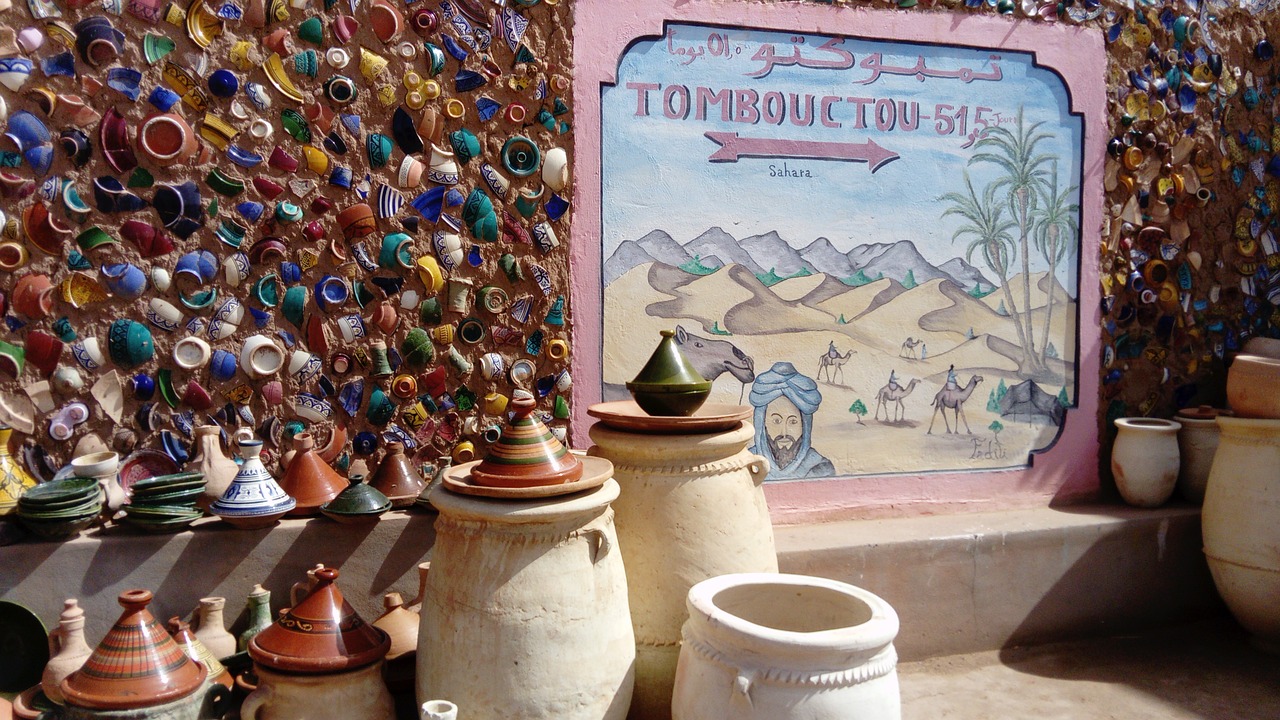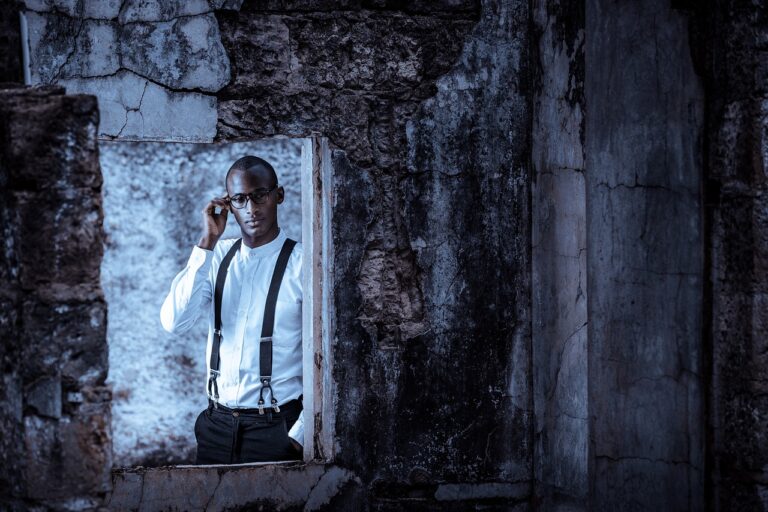The Role of Cultural Tours in Preserving Historical Narratives: 11xplay sign up, Laser247 com, World777 register
11xplay sign up, laser247 com, world777 register: Exploring the world through cultural tours not only provides a fascinating way to experience diverse traditions and customs but also plays a crucial role in preserving historical narratives. These tours offer a unique opportunity to delve into the past, uncovering stories and perspectives that might not be readily accessible through textbooks or online resources.
The immersive nature of cultural tours allows participants to engage with historical sites, artifacts, and local communities in a way that brings history to life. By stepping into the shoes of those who lived before us, we can gain a deeper understanding of the challenges, triumphs, and everyday life experiences that shaped different cultures and societies.
Here are some ways in which cultural tours contribute to preserving historical narratives:
1. Rediscovering Forgotten Stories
Cultural tours often highlight lesser-known historical events or figures that may have been overlooked in mainstream narratives. By shining a spotlight on these overlooked stories, tour guides help to ensure that they are not lost to time.
2. Preserving Traditional Practices
Many cultural tours include visits to communities that are actively engaged in traditional practices, such as handicrafts, music, dance, or storytelling. By supporting these communities and sharing their practices with a wider audience, cultural tours help to ensure the continuation of these important traditions.
3. Encouraging Dialogue and Understanding
Cultural tours provide a platform for dialogue between visitors and local communities, fostering a greater understanding of different cultural perspectives and histories. This exchange of ideas and experiences can help to bridge divides and promote mutual respect and cooperation.
4. Conservation of Historical Sites
By attracting visitors and raising awareness of the value of historical sites, cultural tours contribute to their preservation and maintenance. This not only ensures that these sites remain accessible for future generations but also helps to safeguard their historical significance.
5. Inspiring Curiosity and Lifelong Learning
Cultural tours ignite curiosity and a thirst for knowledge about different cultures and histories. By sparking interest in these subjects, tours can inspire a lifelong passion for learning and encourage individuals to seek out further opportunities for cultural exploration.
6. Promoting Cultural Heritage
Cultural tours play a vital role in promoting and celebrating cultural heritage, both locally and globally. By showcasing the richness and diversity of different cultures, these tours help to foster pride in one’s heritage and appreciation for the heritage of others.
In conclusion, cultural tours serve as invaluable tools for preserving historical narratives and promoting cultural understanding. By engaging with the past in a tangible and experiential way, participants in these tours can gain a deeper appreciation for the complexities and nuances of history. Through their support of local communities, preservation efforts, and educational initiatives, cultural tours contribute to the ongoing conservation and celebration of our shared cultural heritage.
FAQs:
Q: How can I choose a cultural tour that focuses on preserving historical narratives?
A: Look for tours that emphasize the historical significance of the sites visited, offer insights into lesser-known stories, and actively support local communities engaged in preserving traditional practices.
Q: Are cultural tours only suitable for history buffs?
A: Not at all! Cultural tours are designed to appeal to a wide range of interests, from history and art to food and music. Regardless of your background, there is always something new to learn and experience on a cultural tour.
Q: What should I do to prepare for a cultural tour?
A: Do some research on the destinations you will be visiting, familiarize yourself with the local customs and traditions, and come with an open mind and a willingness to learn from the experiences you encounter.







